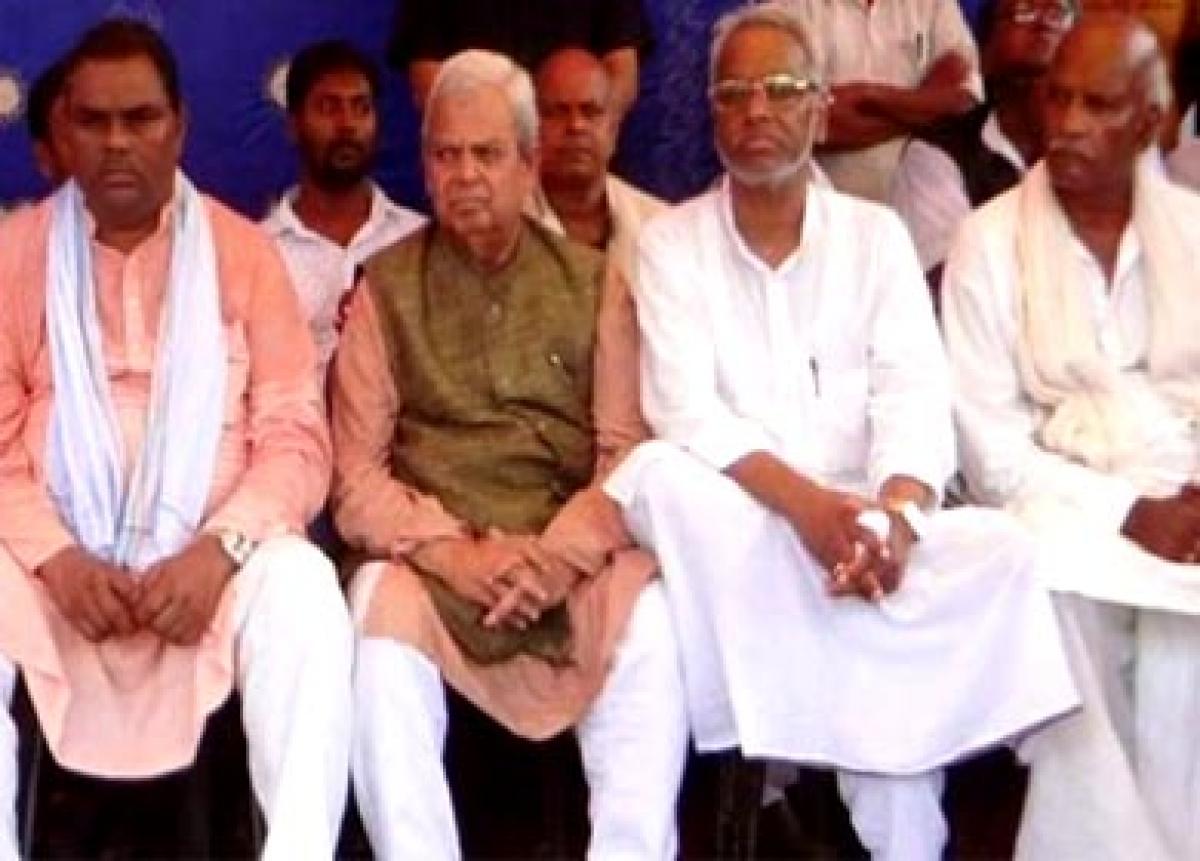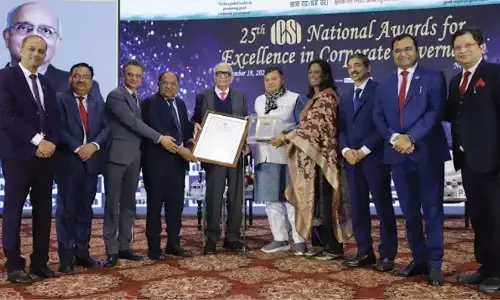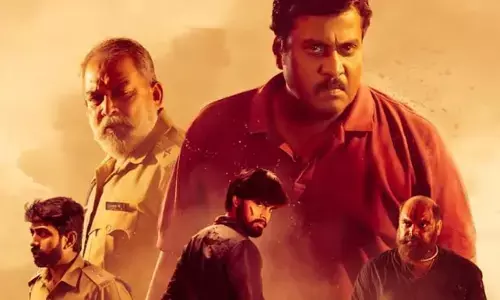Nepal constitution amendment proves statute is faulty: Madhesi leader

A Constitution amendment bill tabled by the Nepal government in parliament barely three months after the new statute was promulgated shows the ruling elite accepts that the new charter is faulty and needs to be corrected, a prominent Madhesi leader has said.
Kathmandu: A Constitution amendment bill tabled by the Nepal government in parliament barely three months after the new statute was promulgated shows the ruling elite accepts that the new charter is faulty and needs to be corrected, a prominent Madhesi leader has said.
"There is an acceptance that there is an error in the Constitution and, therefore, an amendment bill has been brought," Mahanta Thakur, senior leader of the Samyukta Loktantrik Madhesi Morcha (SLMM) spearheading the almost five-month-old anti-Constitution agitation, told IANS in an interview here.
"Maybe, it is not satisfactory... it is to be seen how far it addresses our concerns," Mahanta Thakur, who has led the agitation in the southern Terai region of the Himalayan nation, added.
The Madhesi Morcha has been stewarding the protest against the new Constitution, expressing dissatisfaction over the new statute's content, including demarcation of the federal units, and has called for an inclusive Constitution and citizenship.
Besides Thakur's Terai Madhes Loktantrik Party, the Morcha has three other major constituents -- the Sadbhawana Party, headed by Rajendra Mahto; Federal Socialist Forum-Nepal, led by Upendra Yadav; and the Terai Madhes Loktantrik Party-Nepal headed by Mahendra Yadav.
The new Nepali Constitution was promulgated on September 20 last year after two Constituent Assemblies struggled for over seven years to frame the new charter. The 215-page document was endorsed by 90 percent of the 598 Constituent Assembly members voting in favour -- more than 60 Madhesi members boycotted the voting process.
Thakur said the major political parties in the Himalayan nation -- the Nepali Congress, the Communist Party of Nepal (Unified Marxists-Leninists) and the Unified CPN (Maoist) -- obdurately continued to ignore the demands raised by the Madhesi political parties and the indigenous groups of the southern plains of the Nepal Terai forcing them to boycott the CA proceedings.
"The major political parties steam-rollered the Constitution through the House... the document is not one emerging out of consensus, as it should have," said the soft-spoken Teraian leader, who quit the Nepali Congress in 2007 -- after an almost three-decade-long association -- to form the Terai Madhes Loktantrik Party.
"This agitation is for rights, opportunities and equality... it is against discrimination on the basis of identity," said the 66-year-old Thakur, who presided as Speaker over the lower house of the Nepali parliament following the restoration of multi-party democracy in Nepal in 1990.
"It has been an uphill climb... and the summit is yet far... but we are committed to securing our rights finally," cautioned the Madhesi leader, who is highly respected as a "moderate".
"The major three parties are just doing drama in the name of negotiations... the government is ignoring the demands raised by Madhesis despite our having presented the demands to the government in written and oral forms time and again," he said.
"I don't know how many times I will have to say that the bottom-line demand of the Madhesi Morcha is demarcation of states... we need two federal states in the Terai region from Jhapa till Kanchapur, but this government acts like it knows nothing about it," Thakur said.
Nepal's Terai region stretching from the Mechi river in the east to the Mahakali river in the west and comprising Madhes in its eastern part and the tribal-dominated Tharuhat in the western region has traditionally suffered immense discrimination from the Kathmandu-centric ruling elite that predominantly comprises the Brahmins (Bahuns) and Chhetris of the Nepal hills.
The major agitation demand is for the formation of two provinces in the Nepali Terai -- the Madhes extending from the Mechi river in the east to the Narayani river in mid-western Nepal and Tharuhat pradesh from the Narayani to the Mahakali river in the west.
The Madhesi protestors are demanding, among other things, a redrawing of the boundaries of the provinces in the Himalayan nation as proposed in the new Constitution; and representation in Parliament on the basis of population. Significantly, the Nepal Terai has almost 51 percent of the country's population and yet gets only one-third of seats in Parliament.
The Madhesis also seek proportional representation in government jobs and restoration of rights granted to them in the interim constitution of 2007 which the new charter has snatched away.
Over 55 people, including agitators and police personnel, have been killed during the almost five months of the Madhesi agitation.
In a significant development, the Nepal government on December 20 decided to amend the new Constitution to address two key demands of the agitating Madhesis regarding proportional representation and constituency delimitation.
An emergency meeting of the Cabinet decided to set up a task force to recommend solutions to disputes over the proposed provincial boundaries within three months of its formation.
Subsequently, on December 25, the government moved for amending the Constitution -- but the Madhesi parties rejected the government overture contending it had been taken without their consent.
Since then, the government has held more than 25 rounds of talks with the Madhesi Morcha leaders -- without any forward movement.
The Morcha on January 9 announced a fresh stir accusing the government of not being serious about finding a solution to their demands and describing the numerous rounds of talks as a flop show.














